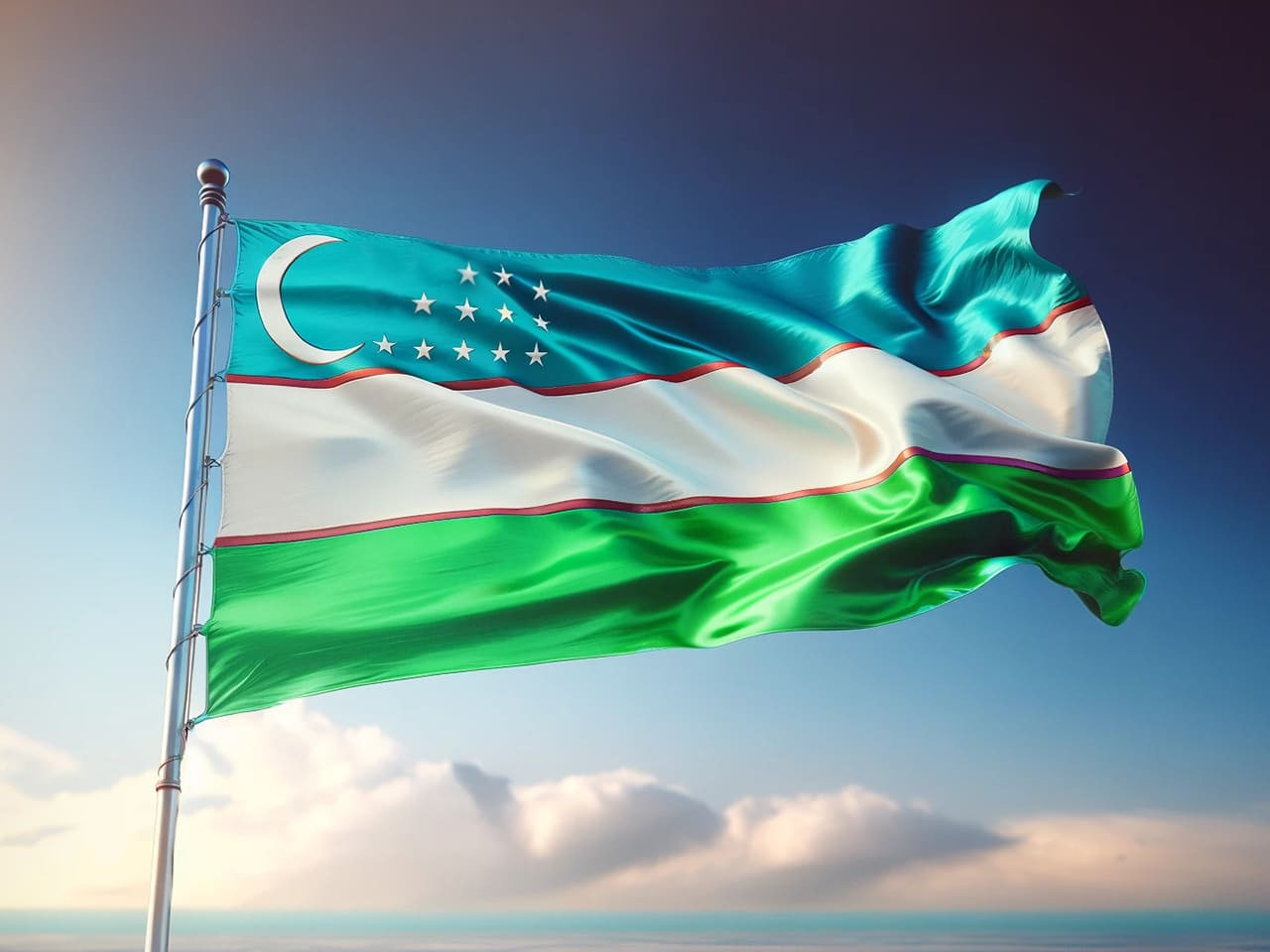
Expanding participation of Uzbekistan in EAEU programs and projects
Uzbekistan has intensified its cooperation with the EAEU, aiming to deepen integration and expand participation in multilateral programs. This reflects Uzbekistan's strategy to broaden markets, improve the investment climate, and enhance the competitiveness of its economy, as well as its ambition to harmonize trade and logistical procedures with the EAEU.
In December 2020, Uzbekistan acquired observer status within the EAEU. Since then, the country has actively participated in the union's activities, leading to increased trade turnover and strengthened economic ties. Special attention has been given to adapting Uzbek standards to EAEU requirements, facilitating export growth and attracting investment.
On February 2, 2024, at the Eurasian Intergovernmental Council meeting in Almaty, Kazakhstan, Uzbekistan's Prime Minister Abdulla Aripov raised significant issues regarding further participation of Uzbekistan in EAEU's multilateral programs and projects. The Prime Minister emphasized the full implementation of the joint action plan with the Eurasian Economic Commission for 2021−2023, which contributed to the development of new growth points and opportunities for economic partnership.
The event also saw participation from the heads of government of Belarus, Kazakhstan, and Russia - Roman Golovchenko, Alikhan Smailov, and Mikhail Mishustin respectively, as well as the First Deputy Head of the Cabinet of Ministers of Kyrgyzstan, Adylbek Kasimaliev.
A. Aripov proposed initiating work on a new program document for the upcoming period, focusing on expanding Uzbekistan's practical participation in EAEU projects.
The Prime Minister also reminded of Uzbekistan's accession to EAEU's sectoral projects related to simplifying cross-border procedures, multimodal transportations, climate agenda, and e-commerce. This underscores the importance for Uzbekistan of achieving tangible results in its interaction with the EAEU, even as an observer.
One of A. Aripov's key initiatives was the proposal to ensure the full functioning of the free trade regime for agricultural products. The Prime Minister suggested holding consultations at the level of relevant ministers to develop specific measures for ensuring free trade of agricultural products without the application of tariff and non-tariff restrictions.
It was also proposed to sign a document between Uzbekistan and the EAEU on electronic exchange of information about goods and means of transportation in international transportations. This proposal is aimed at further digitalization of trade and logistic processes, facilitating the simplification and acceleration of cross-border trade.
Abdulla Aripov's speech in Almaty demonstrates Uzbekistan's proactive stance on Eurasian integration issues. Uzbekistan is keen on implementing specific projects and initiatives aimed at deepening cooperation with EAEU member countries.
In September 2023, the Development Strategy of Uzbekistan until 2030 was approved, aimed at reducing poverty levels and improving the living standards of the population. In May 2022, the World Bank approved a Partnership Framework Program with Uzbekistan, providing financial and analytical support for the next five years.
As of October 1, 2023, the World Bank's program in Uzbekistan includes 25 projects totaling about $5.22 billion. In the first half of 2023, Uzbekistan's GDP grew by 5.6%, while the trade deficit accounted for 18.4% of GDP. By the end of June 2023, Uzbekistan's gold and foreign currency reserves amounted to $33.7 billion.
The external trade turnover of Uzbekistan with EAEU member states increased by 22.7% in 2022, amounting to $15.7 billion. The trade turnover with Russia increased by 22.9%, totaling $9.3 billion USD, with Kazakhstan by 17.9% to $4.6 billion USD, with Kyrgyzstan by 32.1% to $1.3 billion USD, and with Belarus by 41.5% to $536 million.
Cooperation with the EAEU offers Uzbekistan opportunities for economic growth, export diversification, and investment attraction, but it requires the adaptation of legislation, modernization of production, and enhancement of goods' competitiveness. Developing logistics and infrastructure is crucial for the transportation of goods. Deepening Uzbekistan's integration into the EAEU opens prospects for economic development and strengthening regional cooperation. Implementing free trade of agricultural products and participation in multilateral programs can improve the living standards, stimulate economic growth, and ensure food security. It is vital to utilize Uzbekistan's potential as an agricultural producer and overcome challenges for the country's economic development.


 Español
Español Русский
Русский





